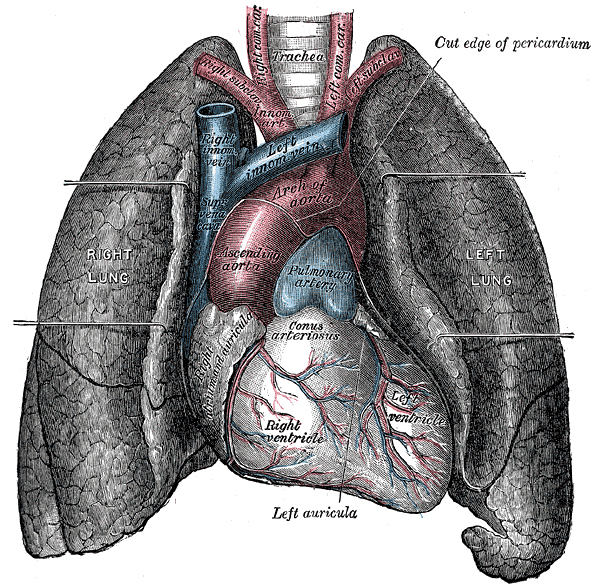
While fasting is a practice we undertake in order to spring clean our bodies, spirits and minds, much of that hard fought work can unfortunately be undone if we are not mindful of what we take into the body on the days we are eating. Failing to be mindful of what we put into our bodies also makes the fast day more difficult as the body must begin again its attempts to rid the body of too much sugar, stimulants and waste associated with eating “dead”, processed or otherwise unhealthy food. This makes the period of withdrawal that many of us experience during the fast even more difficult to deal with.
According to Queen Afua, author of the book Sacred Woman: A Guide to Healing the Feminine Body, Mind and Spirit, there is another serious side affect to eating what she calls “a violent, toxic diet.”
She writes, “Food is our fuel. What and how we eat determines the effectiveness of our lives. There are natural food alternatives, so we don’t have to feel deprived. We can simply make better choices."
Here are some of the symptoms, according to Queen Afua, of eating a violent, toxic diet:
· Women verbally abusive to men
· Men physically abusive to women
· Stressed out parents unable to talk to children, using blows instead
· Gossiping
· Inability to let go of resentment, depression and worry
· Abusive, animalistic, or uncontrollable sexuality
In looking at my fasting/eating experience I can attest to a significant difference in my relationships and interactions with people. Since beginning fasting/mindful eating practice, it is easier to see how what I put into my body affects my thinking, feelings and behavior.
Here is a great Eden Kitchen recipe you can try. It’s inexpensive, easy to prepare and easy to take to work.
Garden Vegetable Soup
4 tablespoons olive oil
2 cups chopped leeks, white part only (from approximately 3 medium leeks)
2 tablespoons finely minced garlic
Kosher salt
2 cups carrots, peeled and chopped into rounds (approximately 2 medium)
2 cups peeled and diced potatoes
2 cups fresh green beans, broken or cut into 3/4-inch pieces
2 quarts chicken or vegetable broth
4 cups peeled, seeded, and chopped tomatoes
1/2 teaspoon freshly ground black pepper
1/4 cup packed, chopped fresh parsley leaves
1 to 2 teaspoons freshly squeezed lemon juice
Heat the olive oil in large, heavy-bottomed stockpot over medium-low heat. Once hot, add the leeks, garlic, and a pinch of salt and sweat until they begin to soften, approximately 7 to 8 minutes. Add the carrots, potatoes, and green beans and continue to cook for 4 to 5 more minutes, stirring occasionally.
Add the stock, increase the heat to high, and bring to a simmer. Once simmering, add the tomatoes, corn kernels, and pepper. Reduce the heat to low, cover, and cook until the vegetables are fork tender, approximately 25 to 30 minutes. Remove from heat and add the parsley and lemon juice. Season, to taste, with kosher salt. Serve immediately.
*You can always substitute these vegetable for whatever is in your refrigerator. Enjoy!





